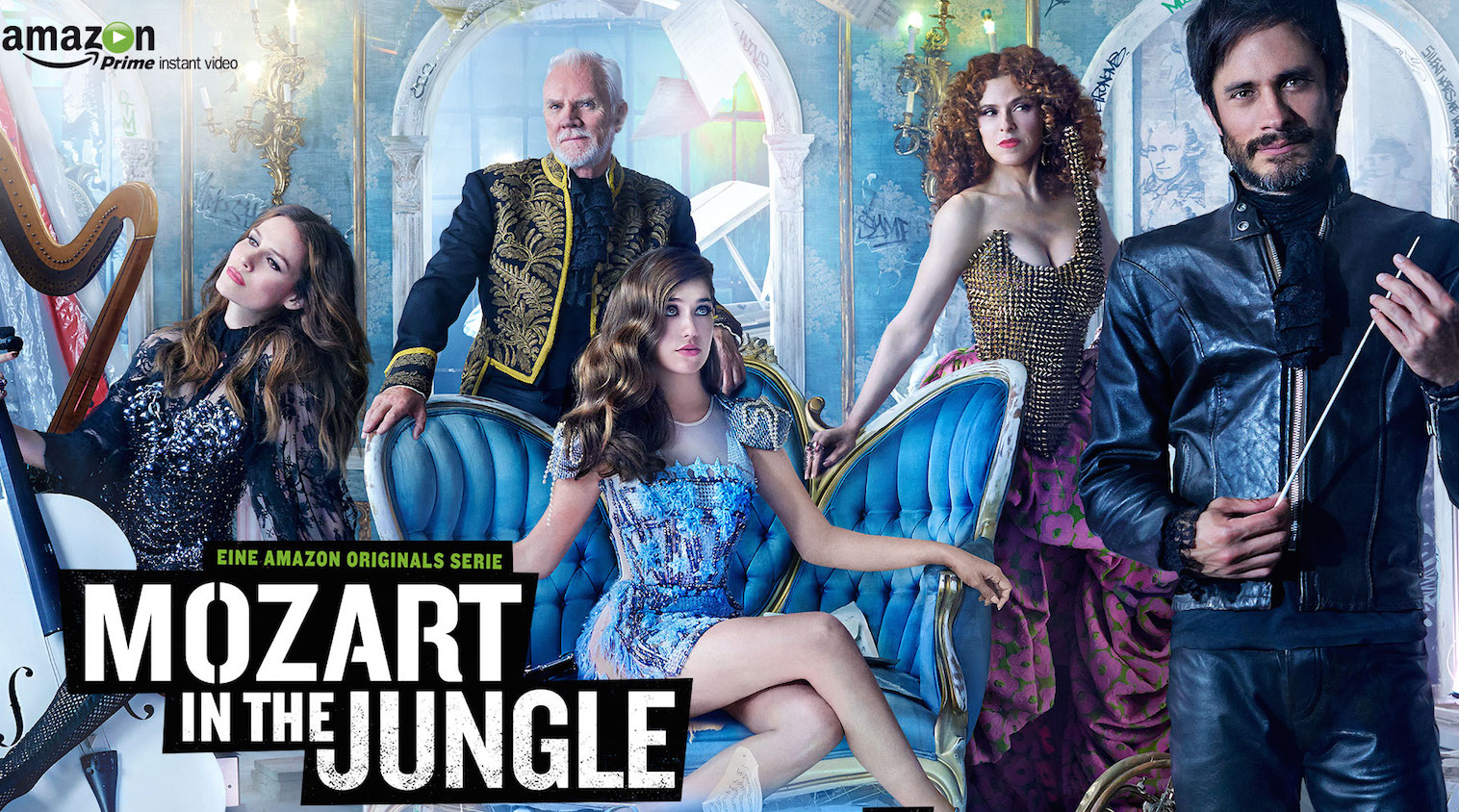HDR starts here - Amazon Prime launches high dynamic range
The first video streaming service to deliver on the promise of HDR visuals.

Sign up for breaking news, reviews, opinion, top tech deals, and more.
You are now subscribed
Your newsletter sign-up was successful
Amazon has just announced the UK availability of high dynamic range (HDR) content on its Amazon Prime Instant Video platform.
Starting today any Prime Instant Video subscribers can access Amazon Original series in HDR at no extra cost...so long as they have a compatible TV to watch them on.
Amazon initially launched its first HDR content to its US subscribers on Samsung SUHD televisions back in June and is now bringing the service to the UK. Like the US launch content is mighty thin on the ground - and you thought Ultra HD content was few and far between - with only the first series of Mozart in the Jungle and the pilot of the upcoming Red Oaks show.
HDR is expected to be one of the talking points coming out of next week's IFA tradeshow in Berlin, so it's a good time for this feature to find its way over to the UK and continental Europe.
"HDR provides a truly stunning visual experience and we're excited that our original series, Mozart in the Jungle and the pilot episode of Red Oaks are the first titles to be made available in the unmatched picture quality," said Jay Marine, Vice President Amazon Instant Video EU.
Amazon is going to release more HDR content later this year, as well as expand the range of devices it operates on, as it works with 'Hollywood studios, technology leaders and global consumer electronics companies' to grow its HDR offering.
First!
Netflix is also likely to be starting to offer HDR content this year too. "With 4K screens we have the resolution we need," Netflix's Noesjka van der Helm recently told us. "Now it is about getting better pixels, not more pixels, to give viewers a much more exciting TV viewing experience. Put simply, HDR is a way to bring greater definition and variation of colour to images."
Sign up for breaking news, reviews, opinion, top tech deals, and more.
But Amazon will always be able to say it got there first, even if there are only a handful of TVs out there capable of displaying the new visual tech.